Celebrate Disability History Month by learning about these important people in disability history
Disability History Month runs from 16 November to 16 December. So it’s the perfect time to ask: how well do you know your disability history?
Much of our history has been lost, because disabled people of the past were often excluded from society. Plus, a lot of people who would be recognised as being disabled today, like neurodivergent people or people with learning disabilities, were not diagnosed or given the support they needed.
The disability rights movement is relatively young. The Disabled Persons Act – the act that means local authorities legally must support disabled people – has only been in force since 1986.
That’s why Disability History Month is so important: it sheds light on a marginalised history that many don’t know about or have forgotten. To mark the occasion, we’ve put together a list of seven trailblazers whose contributions to disability history everyone should know.
This list was compiled by Sense’s Disability Employee Network, made up of disabled employees at Sense.
1. Louis Braille
Louis Braille is, of course, best known for inventing braille: a system of reading and writing for blind and visually impaired people.
Braille was blind himself, following an accident in his father’s harness-making workshop when he was three years old.
Braille attended a school for blind children founded by philanthropist Valentin Haüy, and learned the Haüy system for reading and writing. This involved feeling Roman letters (a, b and so on) that were embossed on heavy paper. It was a very slow method of reading, which lead Braille to come up with his own system instead.
Braille’s system wasn’t widely adopted until after his death. Today, braille is used by blind people all over the world.
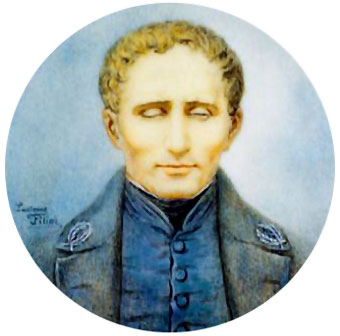
“We do not need pity, nor do we need to be reminded we are vulnerable. We must be treated as equals – and communication is the way this can be brought about.”
Louis Braille
2. Helen Keller
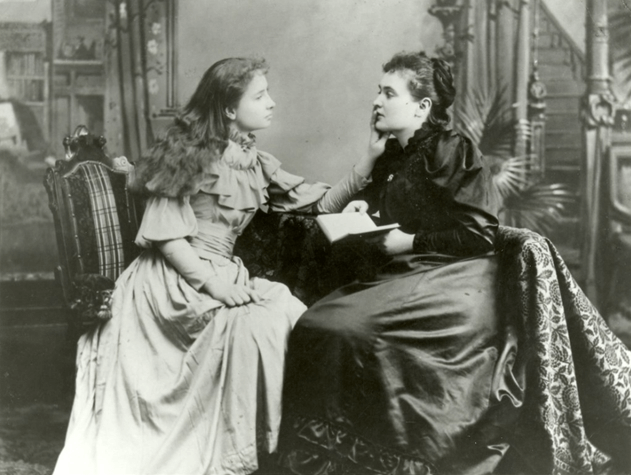
Helen Keller was an author and disability rights advocate. Born in Alabama in 1880, she lost her sight and hearing after an illness at 19 months old. She later became the first person who was deafblind to earn a bachelor of arts degree.
She spent her life writing and campaigning for the rights of disabled people. Without her tireless efforts, the world would be a different place for disabled people today.
“Although the world is full of suffering, it is full also of the overcoming of it.”
Helen Keller
3. Muriel Crooke and Rosamund Bond
These two women, while not disabled themselves, made a huge difference to the disability community when they introduced guide dogs to the UK.
Rosamund Bond was a German Shepherd breeder, and her friend Muriel Crooke was an enthusiastic owner of the breed. Both women had lots of experience in training German Shepherds.
In 1931, Muriel read a letter from the RNIB in the local newspaper, asking if anyone could help with training a guide dog to assist a blind person. She and Rosamund then organised the training of the first four guide dogs in Britain.
Their work formed the basis of the organisation today known as Guide Dogs UK.
4. Frida Kahlo
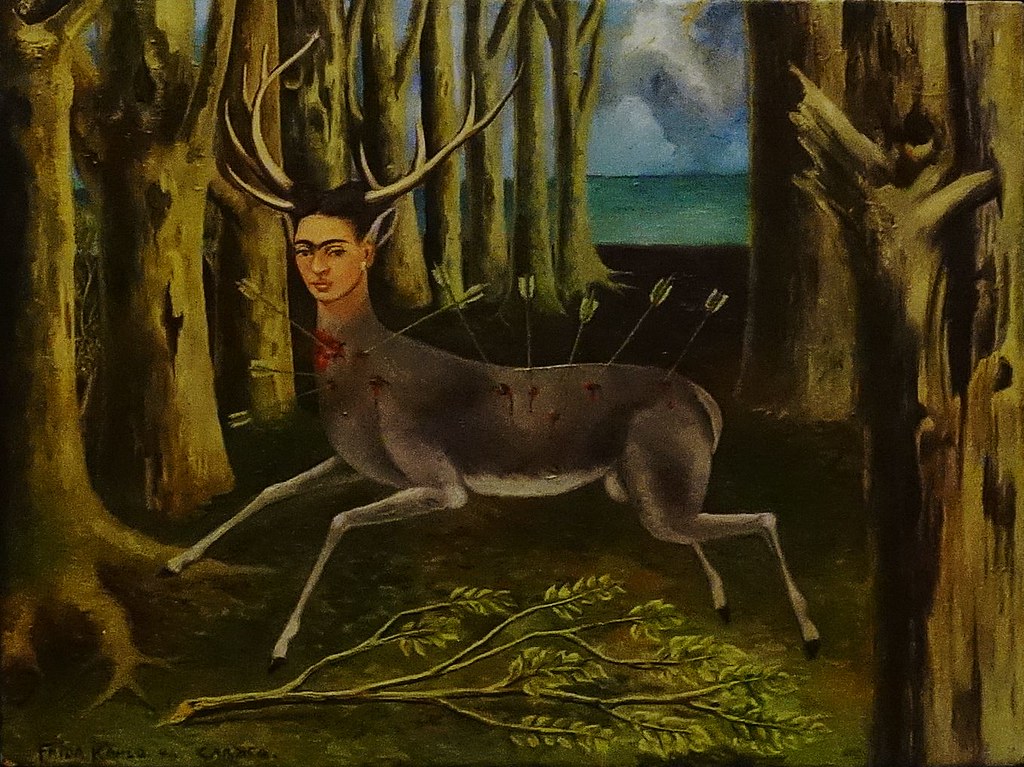
Frida Kahlo was a Mexican painter best known for her striking and surreal self-portraits, inspired by Mexican folk art.
At the age of six, Kahlo had polio, which left her with one shorter and thinner leg. This meant that she walked with a limp. As a teenager, she was severely injured in a bus accident, leaving her in chronic pain for the rest of her life.
Many of Kahlo’s most famous paintings depict her experience of living with chronic pain and illness.
“I paint myself because I am often alone and I am the subject I know best.”
Frida Kahlo
5. Harriet Tubman
You’ve probably heard of Harriet Tubman, who played a pivotal role in the abolition of slavery in the US. You might not know that she was also disabled.
Tubman was born into slavery in the South in around 1820. Her disability came from a traumatic brain injury she suffered from a slave master as a child. She had painful headaches and seizures for the rest of her life, which historians have described as epilepsy or narcolepsy.
She went on to help an estimated more than 300 slaves escape from slavery as a “conductor” of the Underground Railroad. She also worked as a cook, nurse, scout and spy during the Civil War.
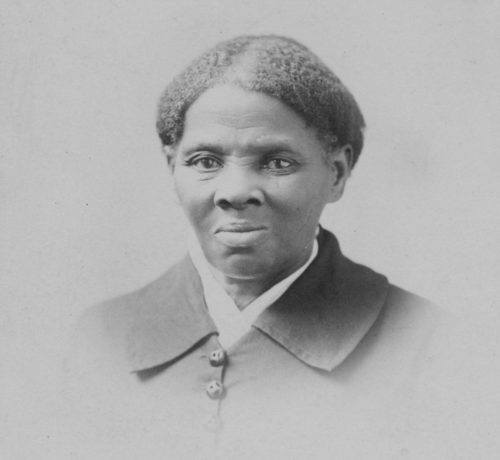
“For no man should take me alive; I should fight for my liberty as long as my strength lasted, and when the time came for me to go, the Lord would let them take me.”
Harriet Tubman
6. Scott Kelly
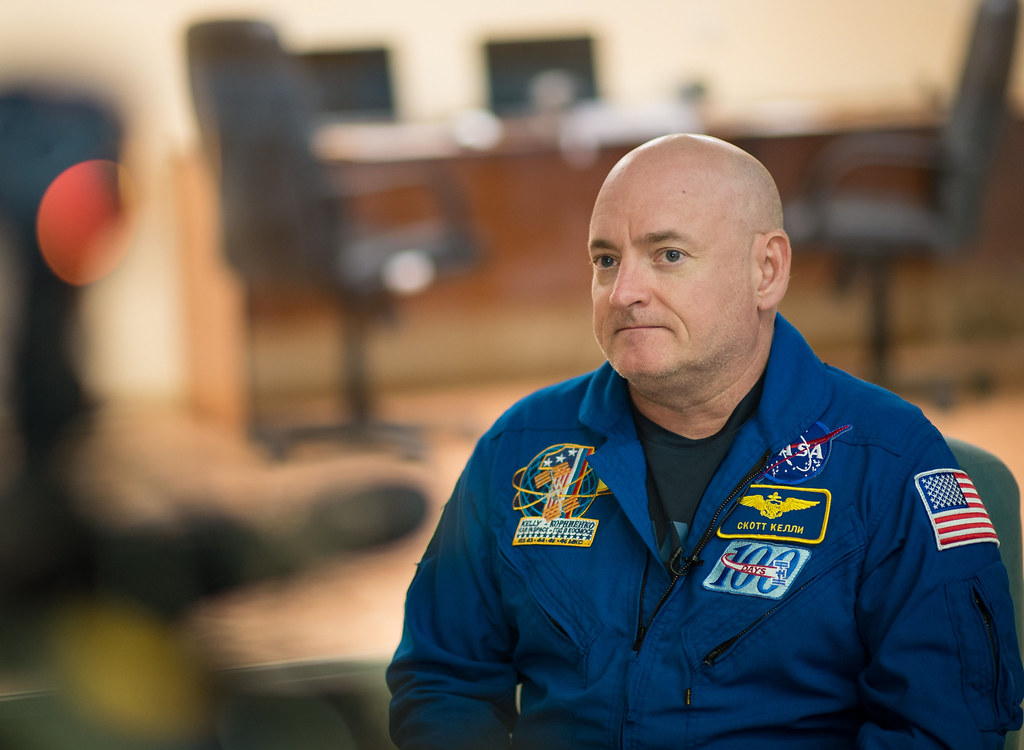
Astronaut Scott Kelly has been to space no fewer than four times. His first mission was as pilot of the Space Shuttle Discovery in 1999.
He holds the record for the longest time spent in space by an American, after living aboard the International Space Station for nearly a year.
Kelly also believes that he has ADHD, saying in an interview that he thinks he would be diagnosed if he was at school today.
“Every year, I thought, ‘This is the year I’m going to start paying attention and doing my homework.’ And that would last all of two days. But eventually when I got to college, I found something that motivated me, and that was a book called The Right Stuff. I just decided right then and there that this is what I’m going to do.”
Scott Kelly
7. Peggy Freeman and Margaret Brock
Of course, we have to give a nod to Sense’s own history. Sense was founded over 60 years ago by Peggy Freeman and Margaret Brock.
While not disabled themselves, Peggy and Margaret both contracted rubella while pregnant. This resulted in both of them having children who had congenital rubella syndrome, causing them to be born deafblind.
Peggy and Margaret found that there was little support for children and families like theirs, so they started their own network called The Rubella Group.
Over the years, our organisation has grown to support people who are deafblind and/or have complex disabilities all over the UK. Sense offers residential support, education, holidays, arts, sports and more for disabled people. Our mission is to make sure that no one is left out of life.
Can Sense support you?
We support people with complex disabilities all over the UK to live full and meaningful lives. If you would like to find out more about our services, speak to our friendly team.
